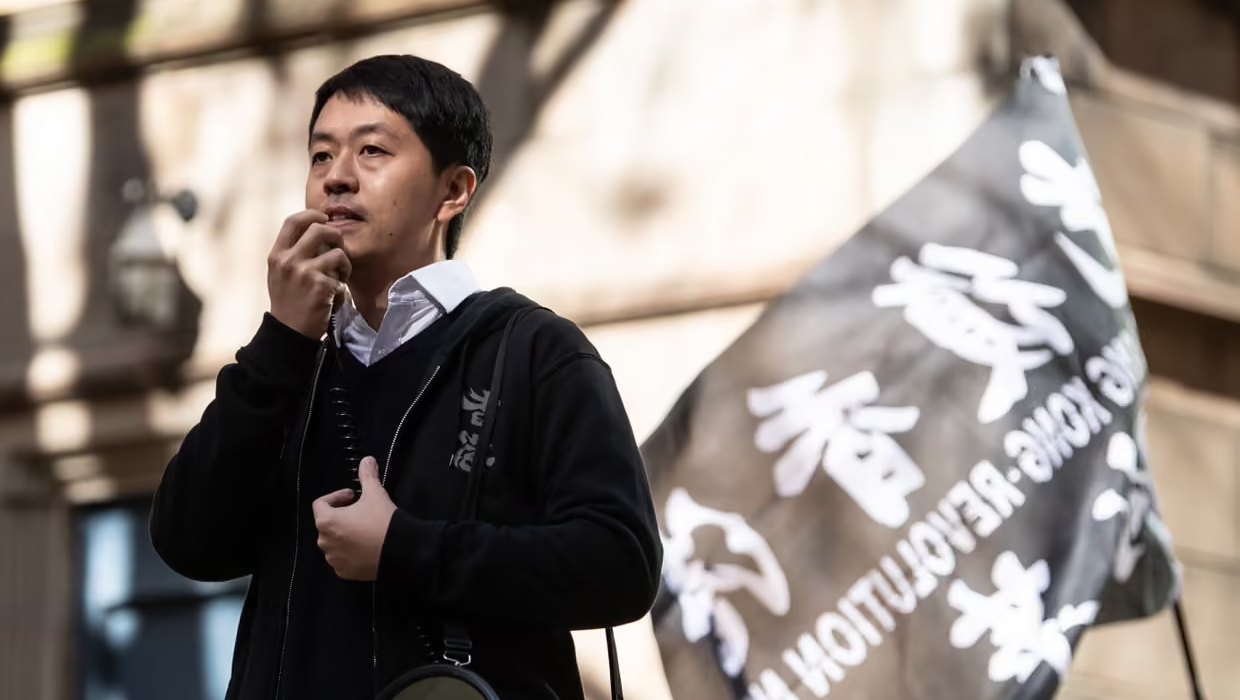Canberra, Australia – The Australian government has signed a joint statement issued on behalf of G7 nations, together with New Zealand, Sweden, and the Netherlands, condemning Hong Kong for what it described as attempts to “silence, intimidate, harass, harm or coerce” pro-democracy activists living abroad.
The statement denounced the issuing of arrest warrants and financial bounties for overseas dissidents as acts of “transnational repression” that undermine both human rights and state sovereignty.
Late last month, Hong Kong’s national security police announced arrest warrants for 19 overseas-based activists, the largest tally yet under the sweeping national security law imposed by Beijing in 2020 following months of unrest in 2019. Authorities accused the group of organizing or participating in the Canada-based Unofficial Hong Kong Parliament, which they claimed sought to subvert state power.
Among those targeted are three Australian-based activists: Dr. Feng Chongyi, a China studies professor at the University of Technology Sydney, as well as Adelaide-based Ted Hui and Melbourne-based Kevin Yam. Reports earlier this year indicated anonymous leaflets circulated in Australia offering AU$300,000 (US$203,000) for information on their whereabouts.
The G7 Rapid Response Mechanism (G7RRM), created to counter foreign threats to democracy, said the arrest warrants punish individuals simply for exercising their freedom of expression. “This form of transnational repression undermines national security, state sovereignty, human rights and the safety of communities,” the joint statement declared.
Australia’s Foreign Minister Penny Wong has raised the issue directly with her Chinese counterpart Wang Yi, expressing concern over intimidation tactics against Hong Kong campaigners in exile. The statement reaffirmed that G7 members and partners are committed to strengthening protections for dissidents abroad against foreign governments seeking to extend their reach beyond borders.
China, meanwhile, has defended the warrants, with its foreign ministry warning countries such as Australia, the UK, and the US not to “shelter fugitives” and to respect China’s sovereignty.
The latest escalation underscores the growing diplomatic tensions over the extraterritorial reach of Hong Kong’s national security law, as Western democracies push back against measures they say threaten both freedom of expression and the principle of sovereignty in international relations.







